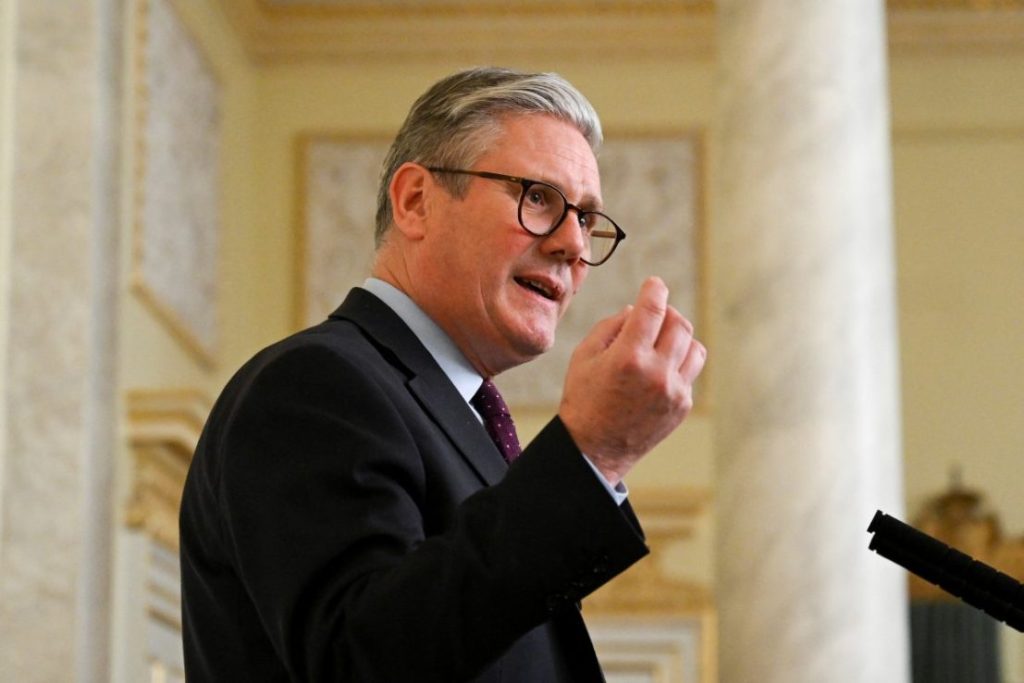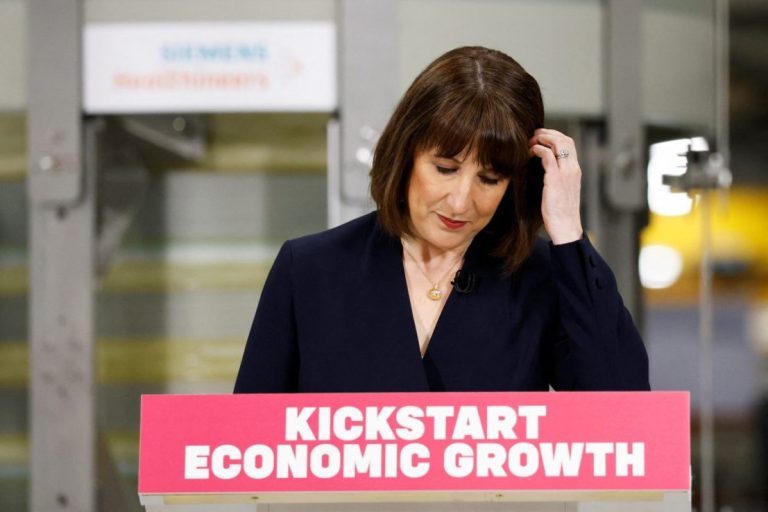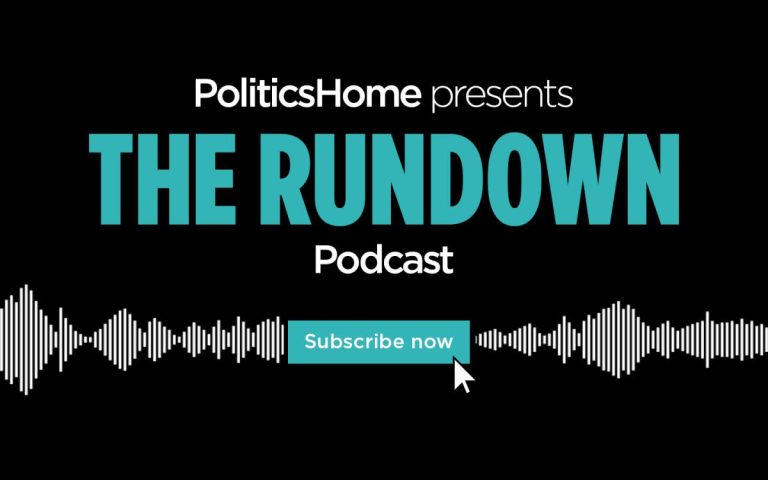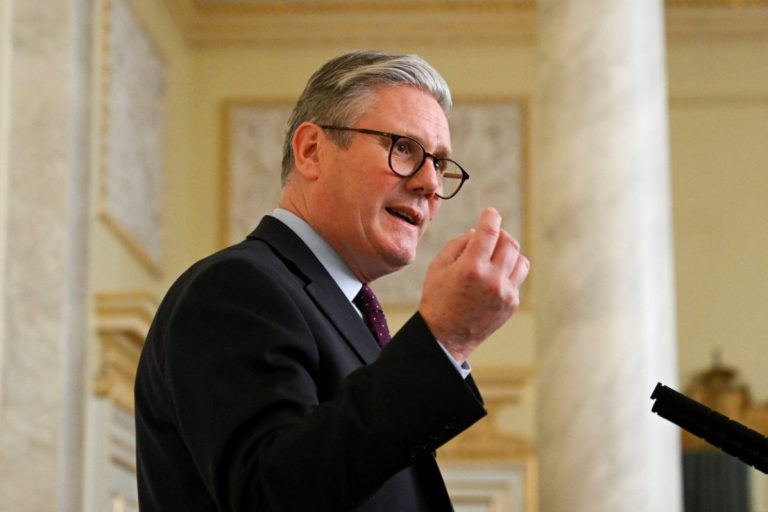
In a bid to navigate the complex terrain of international trade, Prime Minister Sir Keir Starmer has engaged in a crucial dialogue with U.S. President Donald Trump. This marks the first conversation between the two leaders since Trump announced a sweeping 10 percent tariff on all goods imported from the UK—a move that has put considerable pressure on the bilateral trade landscape.
Commitment to Free Trade
During the call, described by Downing Street as an opportunity for « ongoing and productive discussions, » Prime Minister Starmer expressed a steadfast commitment to fostering free and open trade. He underscored the necessity of safeguarding the UK’s national interests amidst shifts in global economic policies. The two leaders also delved into pressing international issues, discussing the situations in Ukraine, Iran, and the recent military actions taken against the Houthi forces in Yemen.
This dialogue follows President Trump’s declaration of « liberation day, » during which he implemented significant tariffs on global trade partners, targeting the UK with a 10 percent tariff and a substantial 25 percent levy on car imports. These tariffs have sparked widespread concern among UK businesses, which are bracing for impacts on export competitiveness and supply chain dynamics.
Strategic Discussions and Economic Implications
Chancellor Rachel Reeves is poised to engage in talks with the White House in the coming week as the UK seeks avenues to mitigate the effects of these tariffs. The primary aim is to strike a trade deal that eases the financial strain imposed by these recent American policies. However, President Trump’s stance remains firm, as he articulated a lack of urgency in reaching new trade agreements, accredited to the substantial revenues these tariffs are presently generating for the U.S. economy.
« Numerous countries are eager to finalize deals, » Trump noted, adding that any potential agreements would only materialize « at a certain point. » Meanwhile, the UK government continues to strategize on how best to approach these negotiations, balancing immediate economic adjustments with long-term trade policy objectives.
Impact on UK-US Relations
The introduction of tariffs has undoubtedly added a layer of complexity to UK-US relations. The tariffs’ influence extends beyond economics, touching upon diplomatic relations and the strategic partnerships that have long characterized the transatlantic alliance. As both nations navigate this challenging landscape, the outcomes of ongoing discussions will be pivotal in shaping the future dynamics of trade and collaboration between the two historically allied countries.
In addition to economic and trade considerations, personal diplomacy is set to play a role in fortifying bilateral relations. Speculation has arisen regarding President Trump’s potential visit to the UK, possibly slated for September, where a meeting with the King is anticipated. Such diplomatic engagements could offer an opportunity to reinforce ties and address broader strategic concerns.
Looking Ahead
As the UK positions itself to adapt to shifting global trade currents, the critical dialogue between Prime Minister Starmer and President Trump signifies a proactive approach to safeguarding economic stability. While challenges persist, particularly surrounding tariff impacts and broader geopolitical tensions, continued negotiations offer a pathway through which both parties might explore mutual economic benefits, ultimately strengthening the UK-U.S. economic corridor.
The UK’s emphasis on fostering open trade and collaboration positions it as a resilient player on the international stage. The discussions with the U.S. are an essential element of broader efforts to secure a robust economic future amidst a backdrop of significant change and uncertainty in global trade policies.



